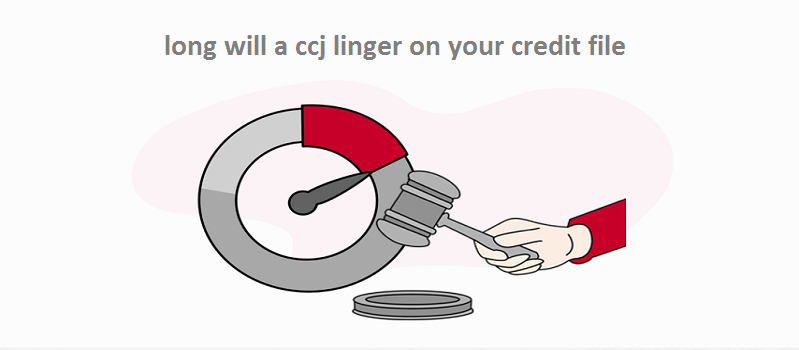Do you spend around 70% of your cash reserve unnecessarily?
True or False: Making money is a habit among business owners.
Most of the revenue earned goes to waste. Business owners do not figure out ways to optimise costs, especially when important development awaits. Here, even saving on energy costs benefits little as the expenses surpass the savings.
Cost reduction is all about making smart choices. If you are done trying the best possible ways and least benefited from your attempts, the blog may help you.
6 Strategies to Save Money in Fall
Upkeeping sufficient cash reserves may soon lead to a business crisis. The crisis is the worst stage for a business as it impacts the workforce and operational structure. If your business is having a tough time, it is high time to improve on the costs and optimise the same. Here are some strategies for how your business can save money this winter.
1) Reduce or eliminate electronic usage on standby
You may be shocked that a single desktop on overnight standby costs around £10/year. If there are like 1000 desktops, the cost translates into £10000/year! It is one of the most unnecessary costs that your business incurs. One often unknowingly incurs the costs.
Only a few business owners remain conscious of the electricity usage in their offices. However, if you want to save on the same cost, set up software that automatically programs the computers to shut down after a specific time. It would help you track better and reduce the high costs of electricity.
2) Switch to affordable suppliers
When the business is low, the fall is the best time to analyse the best ways to reduce costs. If you have been facing constant struggles paying the suppliers’ dues or delays in the same, it is high time to switch.
There are ample suppliers available in the market. You must research and connect with the right supplier for your product and services. Analyse the flexibility the supplier grants on payment terms. It can help your business combat money issues better.
It could reduce the costs in the supply chain and optimise the bottom line. Or if you do not want to change the supplier, you can seek a discount from the existing supplier. They may agree on the same if you have been a long-standing customer. Or often deal in massive orders. It is all about taking the initiative to negotiate.
3. Re-negotiate business lease agreement terms
If your business has been encountering slow sales lately, you can turn it into an opportunity. However, it would help if you had clear revenue projections for a year or two.
It would help the person convince better. Negotiation becomes an important tool if you take the office space on lease and the costs are ruining you off the basics in business. If the provider cannot reduce the rental, convince him to keep it static for 12 months or 14. Within this time, focus on business expansion and use the money saved to boost the sales infrastructure.
4) Reduce the insurance costs or change the provider
If it’s been days, take a closer look at your insurance covers. Is there something that you need to update or pay th premiums for? Are there any insurance policies that you need to close down as you longer benefit from these? Apart from this, you can take the following initiatives if they suit your business per se:
- Compare insurance policies and ask your existing provider to match the best rate.
- Merge insurance policies with a business bank account.
- Identify whether you applied for the exact benefits you leverage
- Avoid indebting yourself by applying for business expansion policies. Choose one only if you can manage premiums now.
- Identify opportunity costs and debt payment’s impact on the revenue or cash flow. Excessive debts can significantly deter your possibility of qualifying for better rates and terms in the future.
Apart from this, you must analyse the business credit card debt. If you missed the last payment, pay it in full this time. It would help you qualify for better opportunities for your business.
5. Explore refurbished equipment possibilities
Brand-new retail price equipment costs significantly higher than that refurbished equipment. It is true that a new one lasts longer. But if you are in the initial business stage, where you need to save as much as you can, investing in refurbished equipment can help. Identify the equipment condition and explore the cost margins by contacting multiple vendors.
Sometimes, you do not need the very best chair or desktop to do the work. Initially, what matters is productivity and results. You can visit the store selling unique items or garage sale to decide. Or jump on to an online marketplace to explore the costs of some equipment and tally it with the retail providers. Pick the one that aligns well with your expectations and budget. However, the longevity of the equipment depends on its usage.
However, the idea may not work the best for every business industry. Suppose you do not want to compromise on productivity and suffer unnecessary business loss. In that case, you can invest in new equipment using long-term loans on bad credit with no guarantor mandate.
Use the funds you qualify for to purchase equipment or any other business aspect at bad credit and spread the payments of the loan until years. No, here, you do not need someone to back your finances or business investment decisions. In this way, you can buy new equipment for your business and scale hassle-free.
6) Hire freelancers instead full-time writers
If your business is a little low on budget and needs persons to manage different aspects of the same, do not panic. It is not always necessary to invest in a full-time resource. If you can manage, hire freelancers for your company.
It would not be a burden on your finances; instead, you will be able to manage everything better without regretting the cost surplus. It is better to pay someone for their excellent work rather than hiring someone and investing most time in re-work.
Bottom line
No matter how well your business performs, certain seasons require improvising on nearly every business aspect. Knowing strategies for how your business can save money this winter can help you re-design your operational structure.









